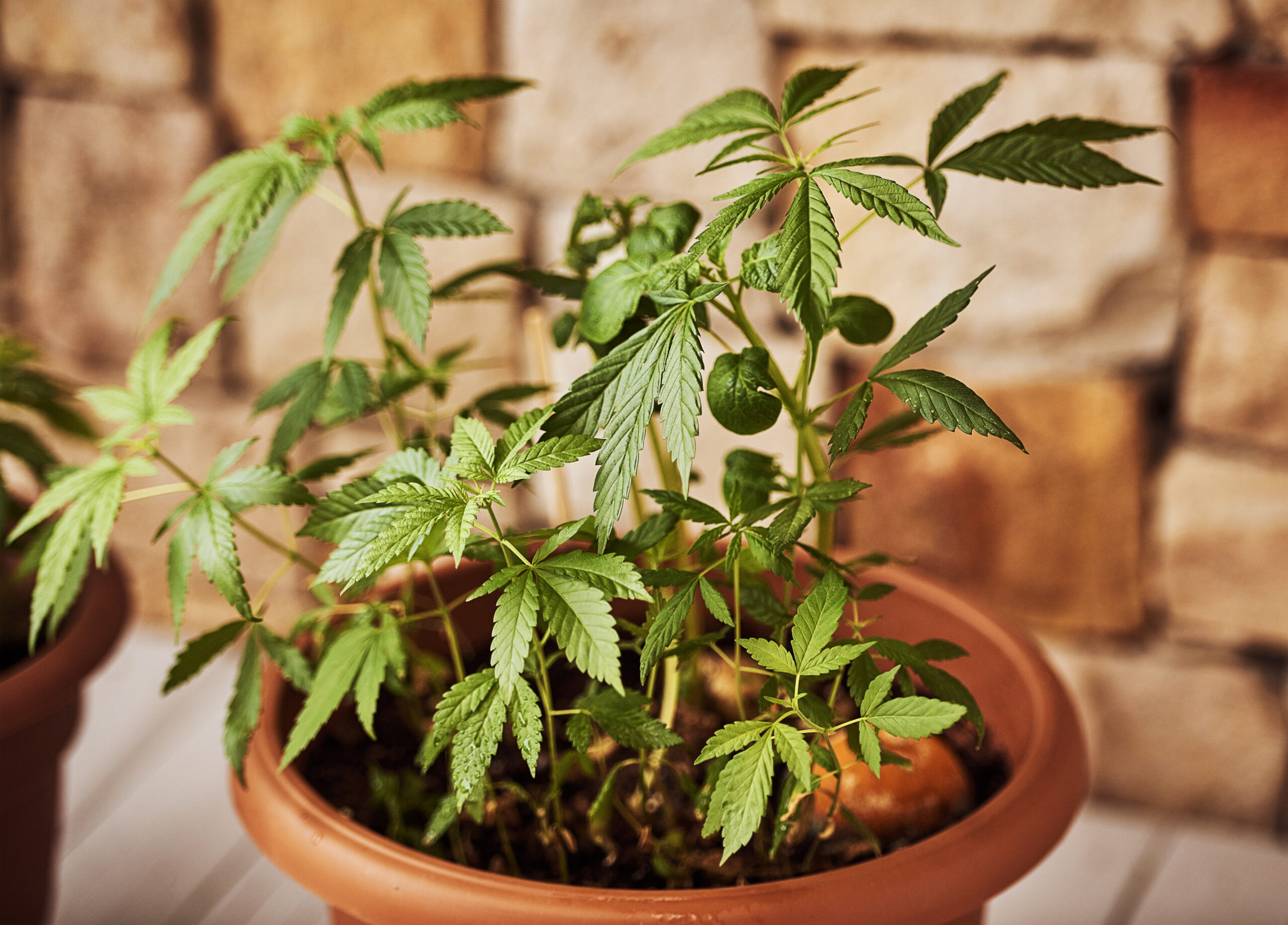Growing cannabis at home can be an interesting prospect for individuals. It offers the opportunity to nurture your plants, have complete control over the quality of your product, and potentially save money in the long run. However, it’s important to consider the legality and level of difficulty involved. In this article, we will explore the ins and outs of home cannabis cultivation and provide insights to help you make an informed decision.
 Understanding the Legalities
Understanding the Legalities
Before embarking on home cultivation, it’s crucial to grasp all the different aspects involved. While some jurisdictions permit individuals to grow cannabis for personal use, others still strictly prohibit it. Therefore, thoroughly researching and familiarizing yourself with the laws regarding cannabis cultivation is essential before getting started.
Creating a Suitable Indoor Environment
There are several factors that need consideration to ensure optimal growth for your cannabis plants. Providing adequate lighting is crucial as cannabis plants typically require 12-18 hours of light per day during their vegetative stage. Additionally, maintaining temperature and humidity levels will promote growth while preventing common issues such as mold or mildew. Adequate airflow and effective ventilation are also crucial components of a well-designed indoor setup.
 Selecting the Appropriate Strain
Selecting the Appropriate Strain
Choosing the right strain is crucial to achieving desired outcomes that align with your preferences. Consider factors such as the THC (tetrahydrocannabinol) content (which gives you the high), CBD (cannabidiol) levels (known for its many benefits), and growth characteristics. Some strains are more suitable for novice growers due to their resilience or shorter flowering periods.
Seeds or Clones?
When deciding how to begin your cannabis-growing journey at home, an important factor to think about is whether to start from seeds or clones. Starting from seeds gives you control over genetics since breeders offer a variety of strains with different characteristics. On the other hand, clones provide a great option for those looking to replicate plant traits. Cloning can reduce the time it takes for plants to mature, resulting in a shorter turnaround.
Working with Limited Space
Not everyone has an area dedicated solely to cannabis cultivation. Don’t worry! There are ways around space constraints. Techniques like Sea of Green (SOG) or Screen of Green (SCROG) involve training methods such as plant bending and low-stress training, which maximize yield in small spaces. Utilizing vertical space is also an option for increasing efficiency when dealing with compact areas.
Understanding the Nutritional Needs of Plants
Ensuring that your plants receive the right nutrients is essential for promoting growth and obtaining high-quality yields. When it comes to cannabis plants, they require specific ratios of macronutrients (such as nitrogen, phosphorus, and potassium) and micronutrients (like calcium, magnesium, zinc, etc.) at various stages of their growth. It’s crucial to conduct research on the requirements of your strain and consistently meet those needs throughout the entire cultivation process.
 Monitoring and Preventing Common Issues
Monitoring and Preventing Common Issues
Just like any living organism, cannabis plants are susceptible to various challenges that can hinder their growth and development. Problems such as pest infestations, nutrient imbalances or deficiencies, watering issues, or light burns may arise during your journey as a home grower. Regularly monitoring your plants’ health and taking appropriate measures can greatly contribute to cultivation.
Harvesting and Drying
After nurturing your cannabis plants through their lifecycle comes one of the most exciting parts – harvest time! Pay attention to the trichomes on the buds; these small crystal-like glands can provide insights into when it’s time to harvest based on their coloration. Properly drying your buds afterward helps preserve potency and flavor while also preventing mold from developing during storage.
The Fulfilling Experience
Cultivating cannabis in your home can be a transformative journey. It allows you to establish a bond with the plant, gain knowledge about cultivation, and enjoy the fruits of your labor when it’s time to harvest. Remember to find joy in the process and acknowledge that mistakes are inevitable; learning from them is a common part of becoming a home grower.
Conclusion
As more and more jurisdictions legalize the cultivation of cannabis, growing it at home has become increasingly popular. By considering the requirements, creating an appropriate environment, selecting the right strain, choosing seeds or clones, optimizing limited space, providing proper nutrients, addressing common issues, and mastering the art of harvesting and drying your buds – you can embark on this fulfilling journey with confidence and enthusiasm. Always remember to respect laws where applicable and prioritize the responsible use of cannabis for both recreational and medicinal purposes.






